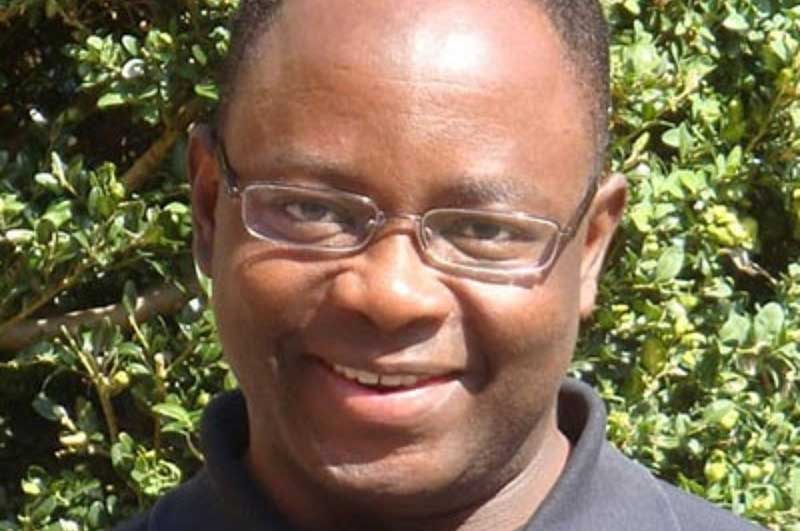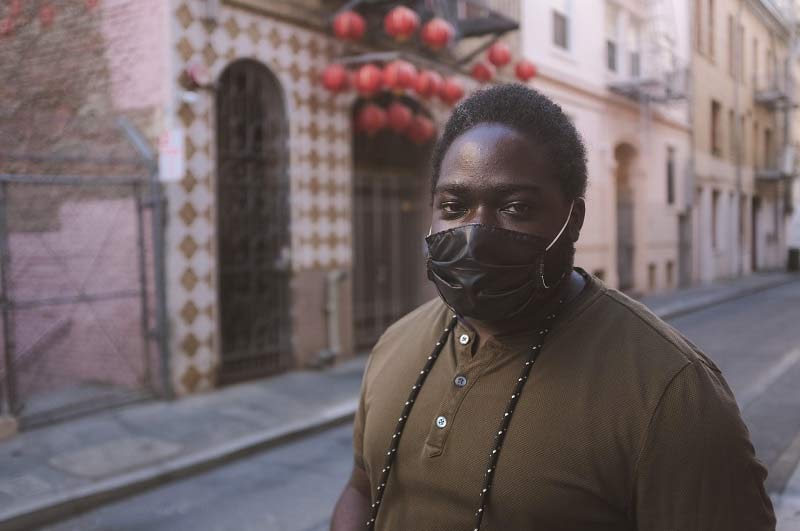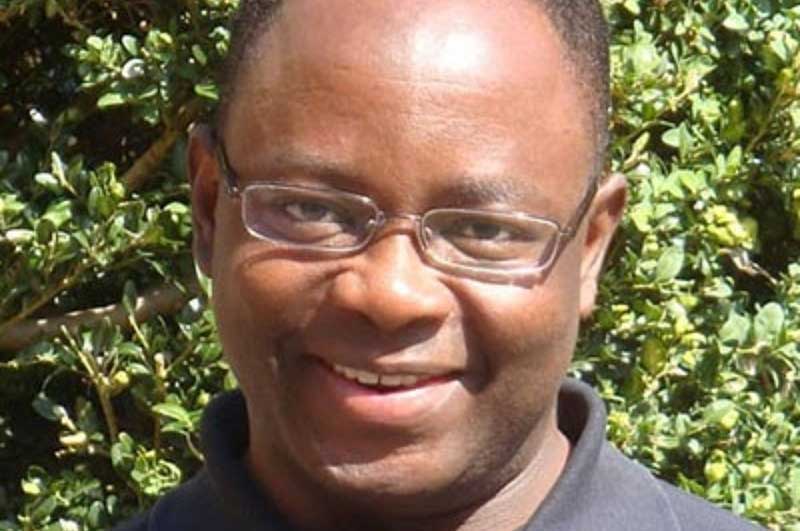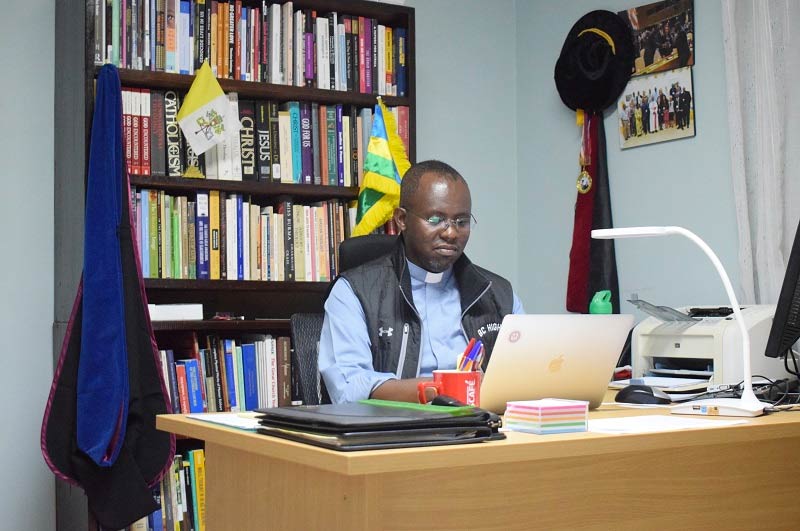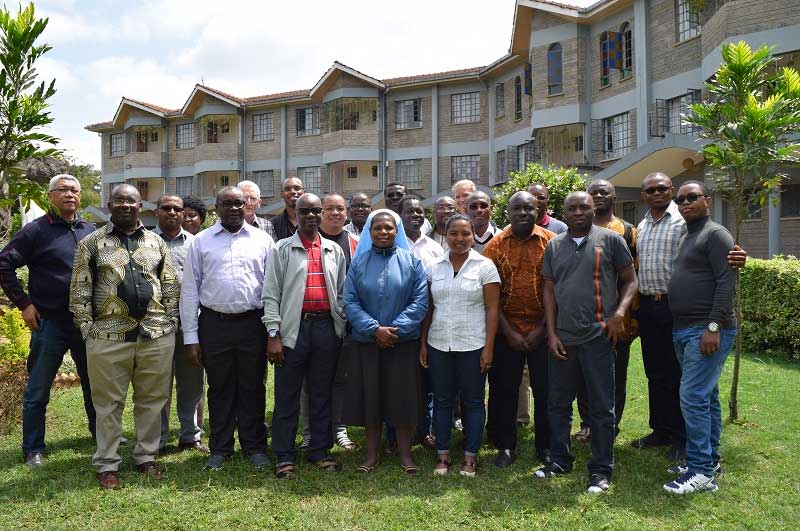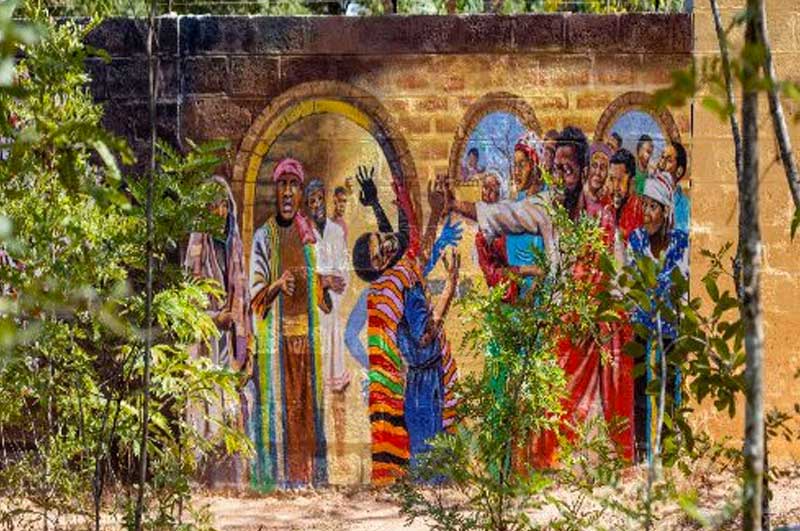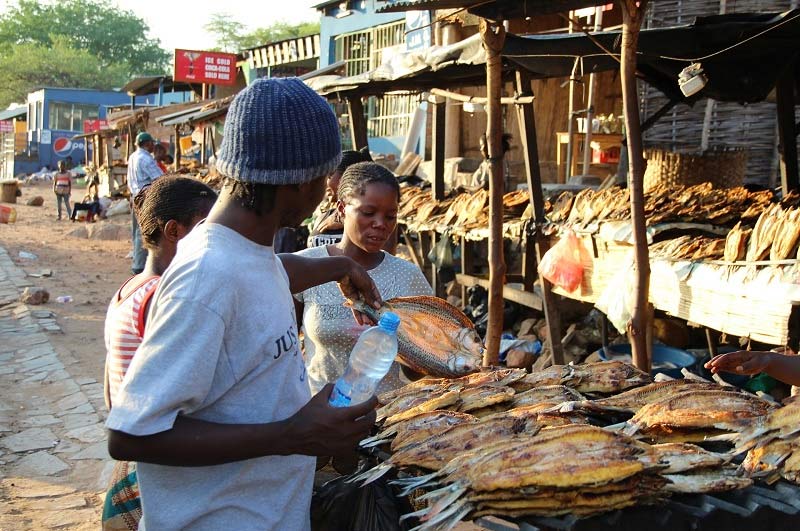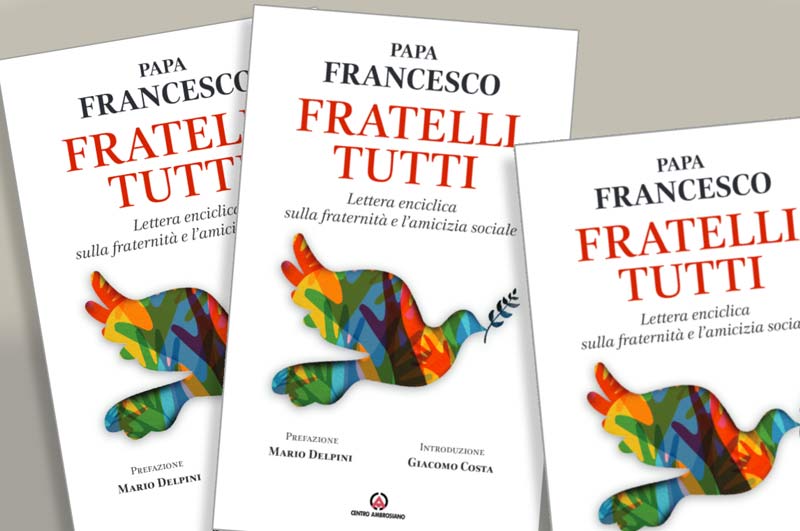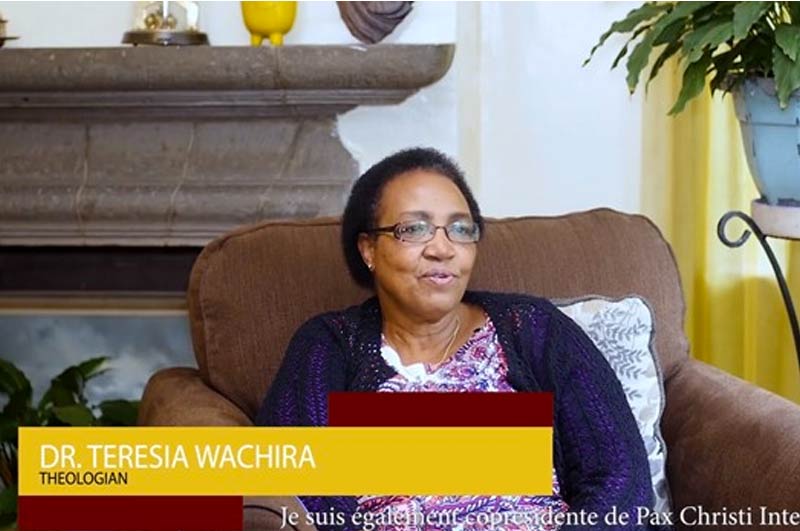


This year, 2020, the African Union (AU) set for its theme, “Silencing the Guns by the year 2020” as a culmination of the efforts the Union has been making over the years to end wars on the African Continent. In this week’s video, Peace and Security expert, Dr. Wamuyu Teresia Wachira, IBVM, and a Loreto Sister based in Nairobi discusses the problem of the proliferation of Small Arms and Light Weapons (SALW).
Dr. Wamuyu calls for the need to bring every relevant person including those regarded as 'small', like women and youth, to the table in the search for peace. She stresses the need for nations and communities in Africa to go to the root of the problem in the search for peace and all efforts of “silencing the guns”. For example, Dr. Wamuyu speaks about the need to stamp out youth unemployment and to empower the youth economically so that they have alternatives that take them away from engaging in vices like transporting light weapons.
Even before the pandemic, the proliferation of Small Arms and Light Weapons (SALW) was arguably the primary security issue facing Africa; so much so that in 2017 the Assembly of the African Union adopted a strategic document known as the “AU Master Roadmap (AUMR) of Practical Steps to Silencing the Guns in Africa by 2020. The AUMR specifically recognizes the illicit inflow, proliferation, and circulation of SALW as one of the fundamental challenges to African security, stability, and socio-economic cohesion.
In all of the wars and armed conflicts that have ravaged the Global South, and particularly Africa, since the end of the Cold War, the primary means of destruction have been SALW, which UN Secretary-General Kofi Annan in 2000 referred to as the “the real weapons of mass destruction” on the continent. The 1997 UN Experts report noted that SALW has been the primary or sole tool of violence in several of the armed conflicts dealt with by the UN, particularly where the fighting involves irregular troops among the conflicting parties.
Besides industrially manufactured weapons, the artisanal manufacture of weapons is also an important problem. Unable to monitor and control their production, home-made weapons fuel local crime, and militias. Arms trafficking stimulates organized crime within states, including the increase in drug trafficking, poaching, and other illegal activities. Thus, the proliferation of weapons tends to have a negative impact on the culture of populations, by promoting violence and extremist behavior.
Addressing the problem of the proliferation of SALW in Africa involves two separate, yet interrelated problems. First is the question of controlling the conventional arms trade, specifically those SALW that are transferred to African states largely by arms manufacturers in the United States, Western Europe, China, Russia, or Ukraine. Second, and intimately tied to the first, is the illicit trade in arms to non-state actors (NSA) or sanctioned states. There is a direct link between SALW proliferation and the increase of radical NSA across the continent. Compounding this difficulty is the pervasive gun culture in Africa and abroad. As it remains a fertile ground for conflict, Africa continues to provide a major market for arms, both authorized and illicit. Silencing the guns in Africa in fact requires a global effort if we consider both the demand and supply dimension of arms proliferation. It is an ethical imperative; It's about respecting the sacredness of life.
Related Articles
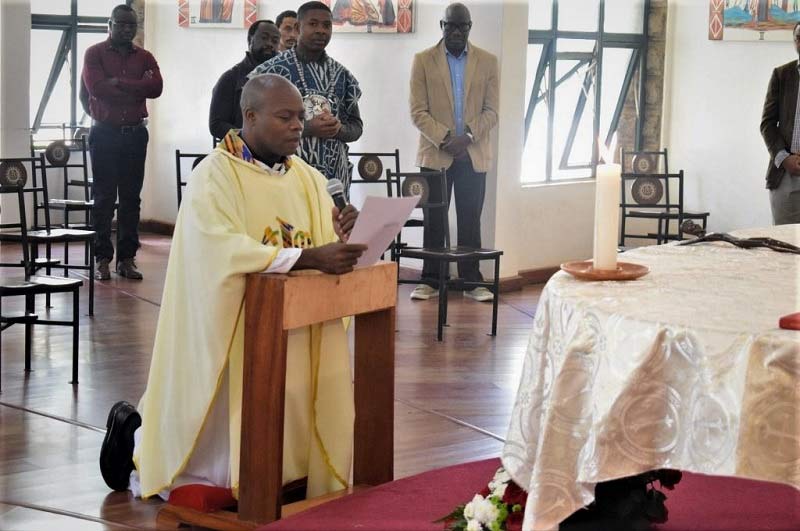

Select Payment Method
Pay by bank transfer
If you wish to make a donation by direct bank transfer please contact Fr Paul Hamill SJ treasurer@jesuits.africa. Fr Paul will get in touch with you about the best method of transfer for you and share account details with you. Donations can be one-off gifts or of any frequency; for example, you might wish to become a regular monthly donor of small amounts; that sort of reliable income can allow for very welcome forward planning in the development of the Society’s works in Africa and Madagascar.
Often it is easier to send a donation to an office within your own country and Fr Paul can advise on how that might be done. In some countries this kind of giving can also be recognised for tax relief and the necessary receipts will be issued.


